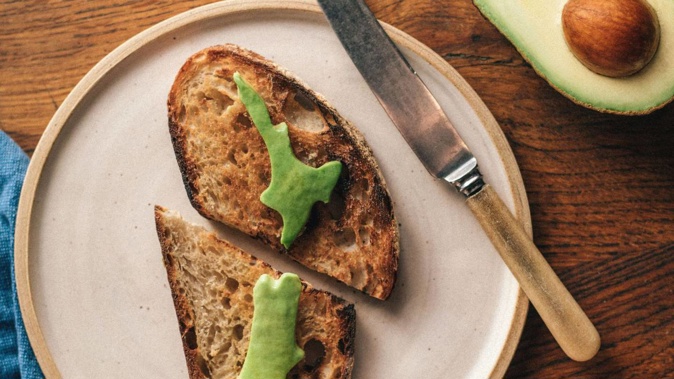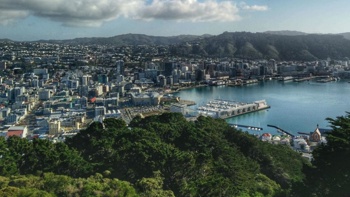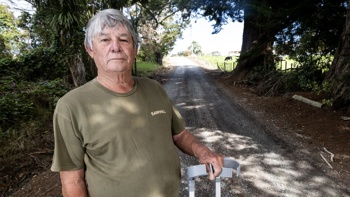
The local avocado industry is committed to reducing its environmental footprint as the global market for the popular fruit expands.
That was one message to hundreds of international growers and industry executives who gathered at the 10th World Avocado Congress held in Tāmaki Makaurau this week,
NZ Avocado chief executive Jen Scoular said bringing the event to Auckland had been five years in the making.
“I think having 1200 people here at this congress with 750 from overseas really highlights that people have seen us,” she said.
New Zealand makes up 1.5 per cent of the $12 billion global industry, which Scoular said would jump to $20b by 2030.
However, Kiwi avocados are unlikely to take up a bigger proportion of the market in the next few years.
“There’s been a lot of avocado planting around the world, so even though we’ve grown 20 per cent, we probably won’t be more than 1.5 per cent of the market in five years’ time,” she said.
Sustainable focus
The congress had a sustainable theme, Scoular said: “Respect for people, respect for the environment, respect for our future.”
/cloudfront-ap-southeast-2.images.arcpublishing.com/nzme/FUFSKOK63NFMKHRH4KVQIB6FOQ.jpg)
The New Zealand team that went to the 2019 World Avocado Congress in Medellin, Colombia, to lobby for Auckland's hosting rights. Photo / Supplied
While avocados require more water than other fruit grown in New Zealand, she said the industry was committed to reducing its environmental impact.
“There’s been a lot of conversations globally about the sustainability of avocados – how much water they use, how many chemicals they use, are we looking after the labour in our orchards and packhouses?”
In December, Equal Employment Opportunities Commissioner Saunoamaali’i Karanina Sumeo likened labour conditions in some orchards to modern-day slavery, with some experts calling for an overhaul of the seasonal worker programme.
Scoular said climate events battering the North Island this year “show how resilient we are as an industry”.
“Our mid-north area was affected by Cyclone Gabrielle and they’re really appreciative of some of the support they’ve been getting from the Government for that.
“Everything we’re talking about at this congress and as an industry is how do we become more resilient, how do we make sure we can manage some of those weather events.”
The congress would help assess the industry’s water and carbon footprints and chemical use, she said.
Government funding
The New Zealand arm of the avocado industry received a boost from the Government in 2014.
The Ministry of Primary Industries injected $5.4 million into the industry between 2014 and December 2022 through its Go Global programme.
Scoular said the programme “has been a wonderful investment from the Government”.
“We’ve got real challenges we need to meet and would love to find that the Government has got additional ways they can support us to build a better and stronger avocado industry in NZ.”
Breaking into global markets
“Every avocado you buy in NZ has been grown in NZ,” Scoular said.
She said consumers can be assured that “when they buy an avocado in NZ, they’re supporting a New Zealand grower”.
Sixty to 70 per cent of New Zealand’s avocado supply is exported.
Scoular said that, although Aotearoa was considered an export market, the crops were exported only between July and January.
“Until last year, Australia was one of our premium markets so we were putting 60-70 per cent of our exports there.”
She said last year’s oversaturated Australian market pushed exports into Asia.
“We’ve been building our visibility in the Asian markets since 2014 and 2021. The Australian market is oversupplied, so our exporters put nearly a million more trays into the Asian market and we’re trying to keep that up.”
New Zealand’s biggest markets in Asia are South Korea, Thailand, Taiwan, Japan, China, Singapore, Malaysia and India.
“I think the Japanese eat one avocado per person per year,” Scoular said.
“In NZ, we’re eating about 4kg per person per year, so there’s a lot of demand to build up.”
Take your Radio, Podcasts and Music with you









